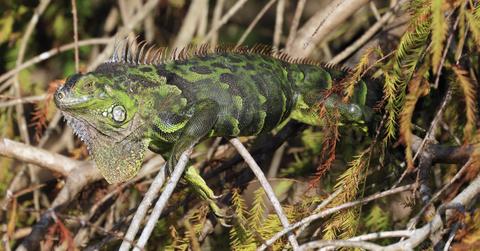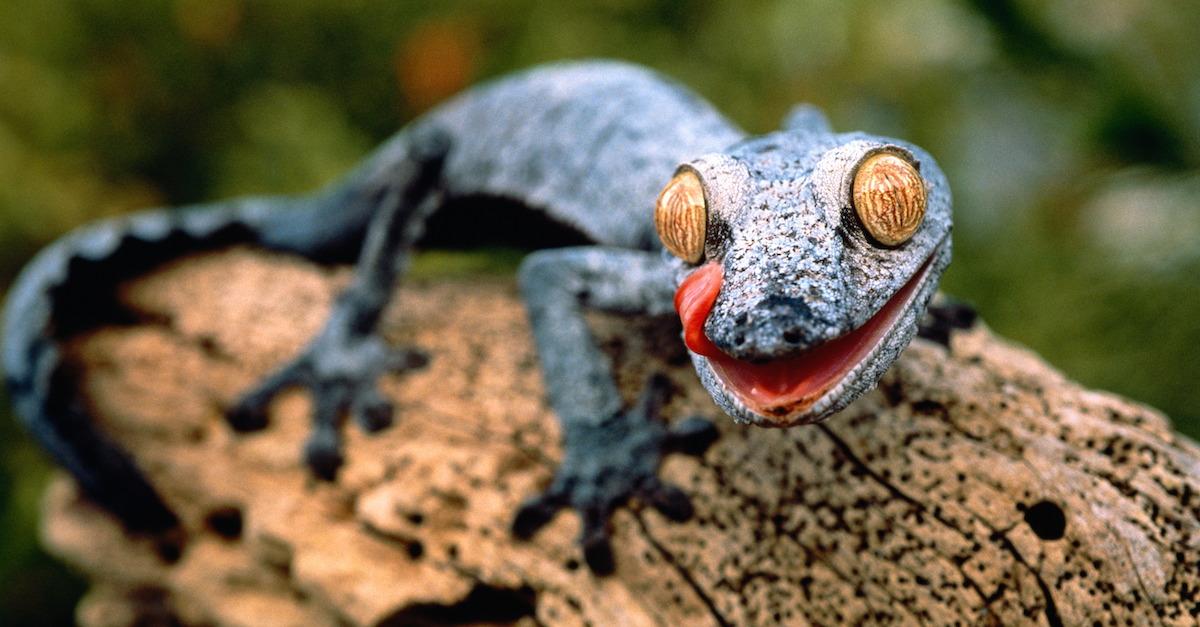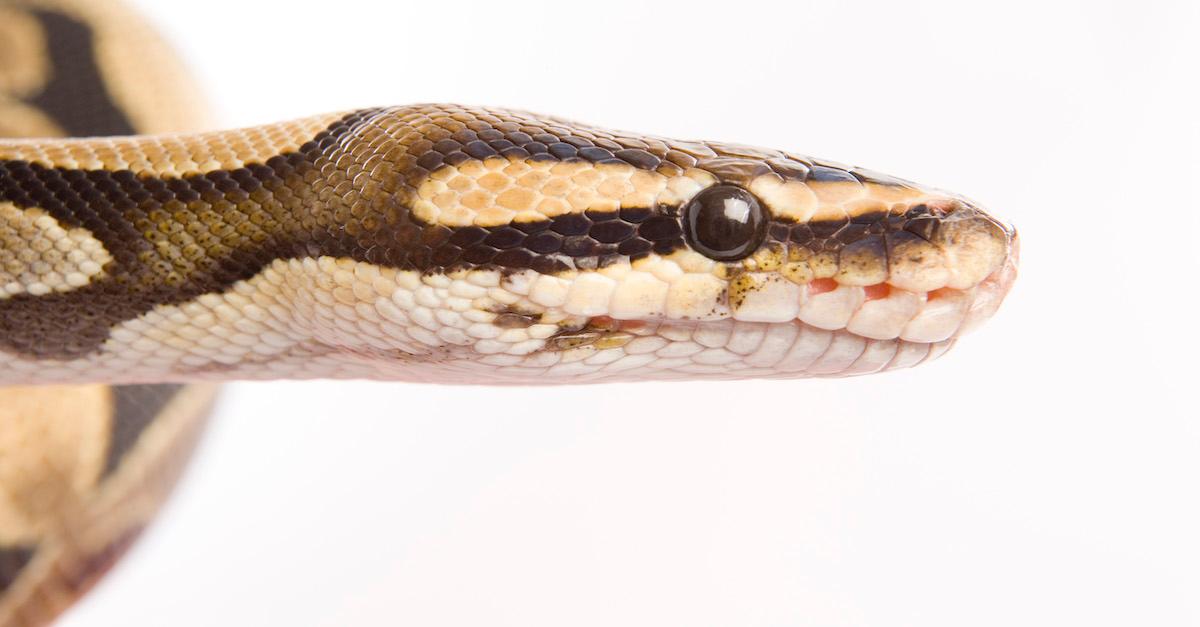One-Fifth of Reptiles Could Go Extinct Thanks to Climate Change, New Research Says
Published April 28 2022, 1:32 p.m. ET

Even though lizards and snakes may not be as favorable in the animal kingdom as elephants and lions, they still hold an important purpose in the realm of biodiversity. That's why climate scientists are incredibly concerned about a recent study that shows more than 20 percent of reptiles face potential extinction, due to the ongoing climate crisis.
If this proves to be true, it could take a serious toll on biodiversity across the globe.
A total of 961 scientists from 24 different countries analyzed over 10,000 reptile species, over the course of 15 years. And the results showed that approximately 21 percent were considered to be endangered, critically endangered, or vulnerable to extinction.
“This work is a very significant achievement — it adds to our knowledge of where threatened species are, and where we must work to protect them,” Duke University ecologist Stuart Pimm told Associated Press News.
He continued, reiterating the fact that scientists and conservationists alike tend to focus more on cuter animals. But nevertheless, reptiles still hold an important place in our ecosystems.
“There’s a lot more focus on furrier, feathery species of vertebrates for conservation,” co-author of the study and zoologist, BruceYoung stated. Needless to say, this could be a major wakeup call for global conservation efforts.

Research shows 20 percent of reptiles could die out imminently.
As previously mentioned, a new study, which was published to the journal Nature on Wednesday, April 27, shows that about a fifth of reptile species could go completely extinct. Reptiles in forests are at highest risk, and crocodiles and turtles were among the most at-risk species — about 57.9 percent of crocodiles and 50 percent of turtles assessed are under threat.
This is largely due to habitat loss, caused by logging, agriculture, urbanization, and competition with invasive species.
Many of these species also face extinction because of their common use in certain forms of traditional medicine. And while many don't seem to care about reptiles, this is a very big deal.
“Reptiles, to many people, are not charismatic, and there’s just been a lot more focus on the furry or feathery species of vertebrates for conservation. But through persistence we were able to find the funding needed to complete the study,” Young, told CNN.
“Through work like this, we advertise the importance of these creatures. They’re part of the tree of life. Just like any other equally deserving of attention," he continued.
If this many reptile species are wiped out due to climate change, it could be the end for life as we know it.

Why is this important to know, for conservation efforts?
Similar research also shows that 40 percent of amphibians, 25 percent of mammals, and 13 percent of bird species face similar threats. And this new finding is absolutely crucial towards maintaining general biodiversity.
“We would lose a combined 15.6 billion years of evolutionary history if each of the 1,829 threatened reptiles became extinct,” co-author of the study, Neil Cox, co-leader of the study, told The Guardian. “This is evolution that we could never get back. It would be a devastating loss."
“If we remove reptiles, it could change ecosystems radically, with unfortunate knock-on effects, such as increases in pest insects,” he continued. “Biodiversity, including reptiles, underpins the ecosystem services that provide a healthy environment for people.”
Though researching mammals and birds gives scientists a vague idea as to how reptiles are doing, this latest study benefits conservation efforts for specific reptile species in particular. Snakes may not be the cutest of beings, but they deserve a place on this planet just as much as anyone else.